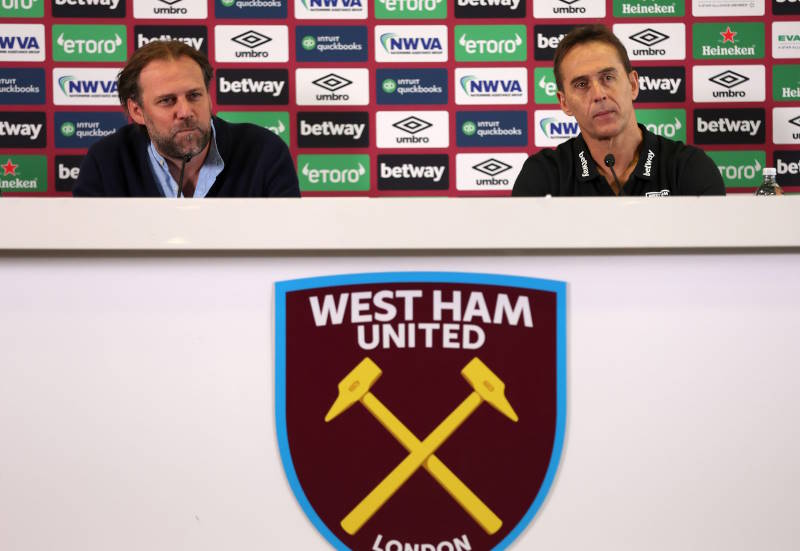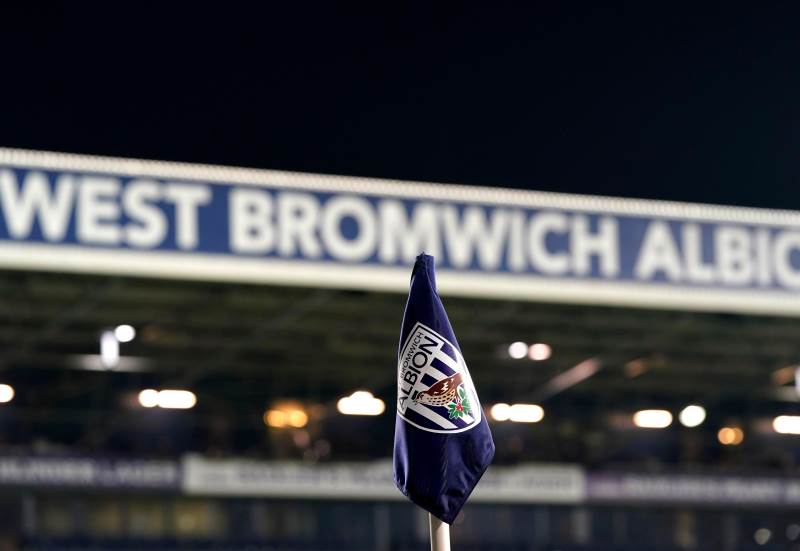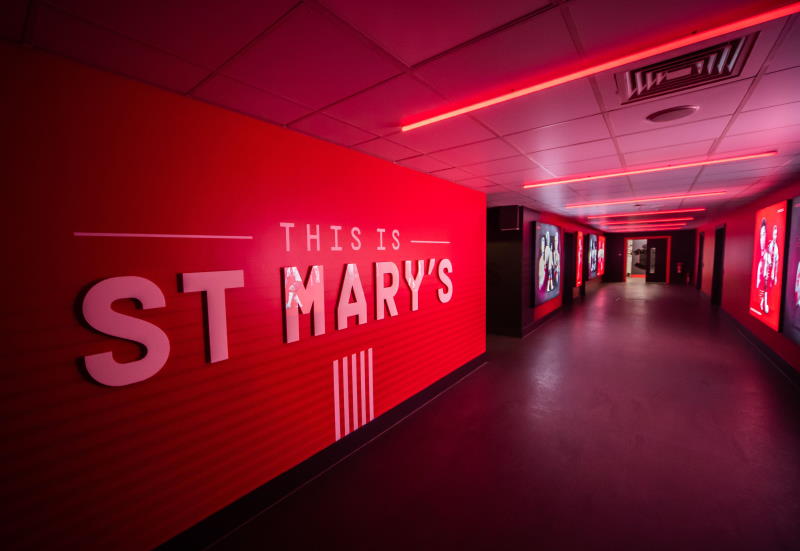Scott Musgrave
It took the Japanese countless seasons to even break into the round of 16 of the Asian Champions League. The financial might of Kashima Antlers, Urawa Red Diamonds and Yokohama F Marinos could not break the continental powers of Saudi Arabia, Korea Republic or even Qatar.
It was not until the breakthrough of Kawasaki Frontale and Urawa Reds in the 2007 competition that a Japanese side even got past the group stages and it was with great verve that the Reds eventually took the title against Sepahan of Iran.
This amazing underachievement from Japanese sides has been equally matched by the recent brilliance of newly inducted Australian side, Adelaide United. The young club has competed in both editions of the competition that Australians have been eligible for and whilst perhaps underachieving in their first stint, they’ve taken that experience on a memorable run to a semi-final meet with Uzbek side Bunkyador.
It seems rather amazing that the abject failure of Adelaide’s financially superior Japanese rivals has seen an A-League team, with a strict salary cap and a short history, shoot over in terms of competitiveness in Asia’s premier competition.
It was with Adelaide winning the inaugural A-League championship and the subsequent acceptance of Australia into the Asian Football Confederation that started the wheels in motion for the South Australian club.
The first season in the Asian Champions League (ACL) was seen, like the Australian national football team’s first venture, as a discovery mission to first find out what the conditioning needed to be like to succeed in Asia. Inconsistent results led the Reds to a group stage exit and a much more unceremonious ousting than fellow A-League competitors Sydney FC whom were within a win of reaching beyond the group stages in their final match against eventual winners Urawa Reds in Saitama.
However it seems that this brave South Australian team has taken that first experience and turned it into a blueprint of the whats and what nots to do in the Asian footballing region.
Asia, unlike its European colleagues, experiences amazing weather varieties. It seems that a team that can simply stand up to the trying conditions are the ones that get through. It is not so much the actual footballing prowess that decides the competition of Asia, it is the physical endurance and mental conditioning that sees teams through. Even the smaller teams of Indonesia and Vietnam can pull off small victories against their more illustrious opponents due to the advantage of home conditions.
This is what makes Adelaide’s feats so much more impressive. Relative unknown in Asia, the plucky little team has gone through areas where the weather can be the stark opposite to what it is at home. Coming from Australian summer weather and diving head first into a knoll of snow in China for example just goes to show how trying the competition can be.
Simply qualifying for the second round was an amazing feat in itself for a team in the second year of the continental competition, but to go so far already is just purely amazing. At the time of writing Adelaide United already have one foot in the door of the Champions League final after a 3-0 win over their Uzbekistani foes at home at Hindmarsh Stadium; a team that boasts the names of Zico (as coach) and former World Player of the Year, Rivaldo.
A tough second leg faces them in Tashkent, but with perseverance the successful Adelaide packet might just get there. An amazing accomplishment for the team, especially granted its resources.
If successful, Adelaide will face the might of a Japanese juggernaut in the form of Urawa Red Diamonds or Gamba Osaka whom drew 1-1 in the first leg semi-final match in Osaka.
Adelaide is the success story of the A-League and now, thanks to their efforts, people around the world are picking up interest in Australian football and even in Asia. Even Australians now plying their trade in the lower leagues of European competitions may well feel encouraged to come home to compete in the premier competition of Asia, rather than have the very small chance of winning or competing in minor leagues on those shores.
The inaugural A-League champions have done Australia proud in any case and have shown the way for future competitors. It has demonstrated to people in Australia that we can compete at the highest level with Asia’s heavyweights and maybe even win the competition.
Thus far in Australia’s short history in the ACL only Melbourne Victory have lost to Japanese opponents so the odds are in Adelaide’s favour provided they manage to get past their Uzbeki opponents.
Time will tell, but they have done their city, fans, and country proud.













